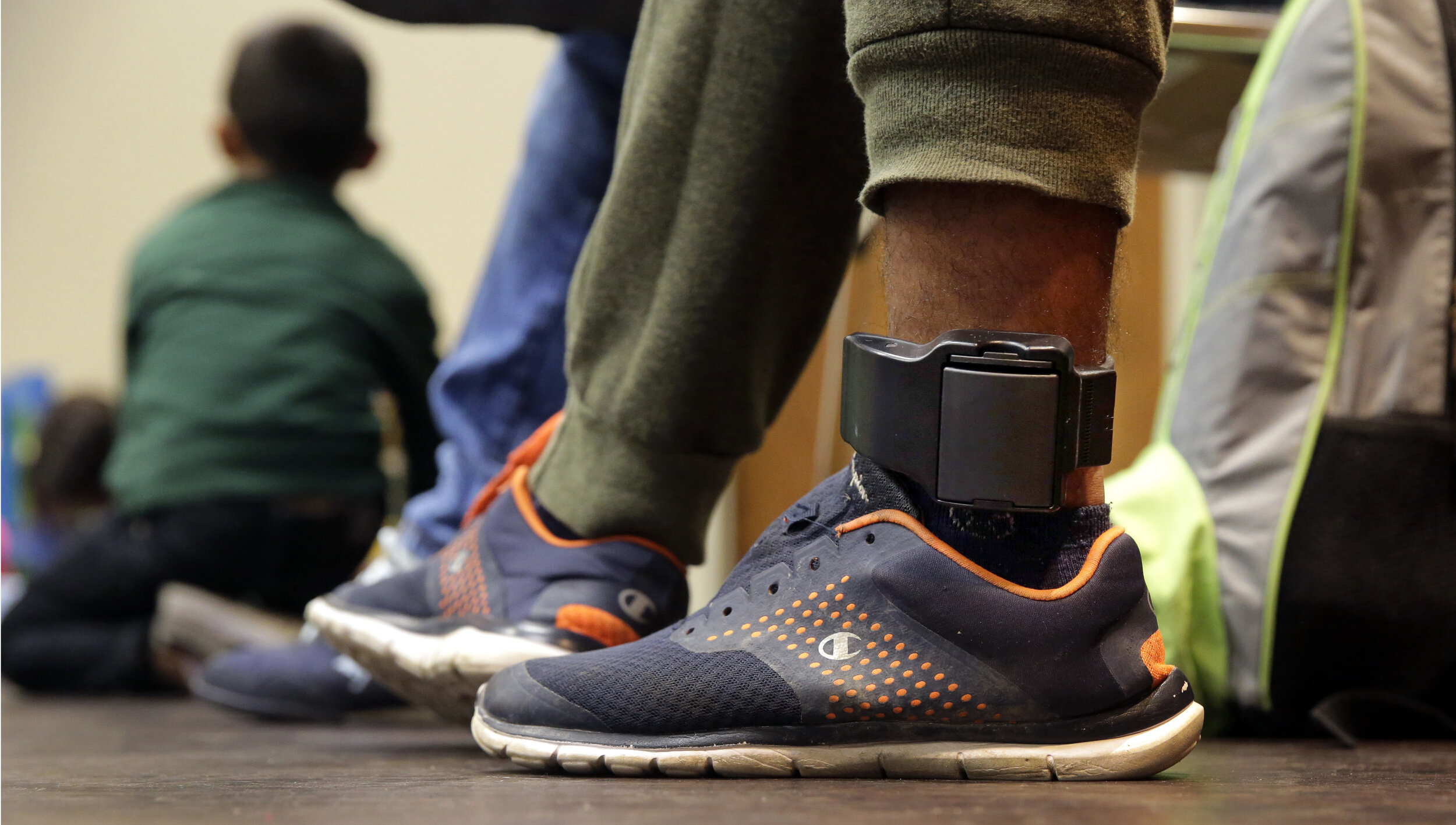Judges can now order electronic monitoring instead of bail in New York City
/An electronic monitoring device. AP Photo/Eric Gay
By David Brand
Judges in New York City can now order electronic monitoring in place of bail for defendants held on Rikers Island, as the city moves to reduce the number of people in its coronavirus-plagued jails.
Judges in criminal court could begin sending pretrial defendants home with ankle bracelets on April 20, and the devices will remain a permanent alternative to bail for defendants in New York City. At least one judge in Queens Supreme Court has ordered a defendant to home confinement with electronic monitoring, according to Queens court officials.
There are currently 50 ankle bracelets available for defendants citywide, with a goal of adding more, according to a city official with knowledge of the program. The city sheriff’s office is administering the program and the city will pay for the monitoring devices.
Plans to introduce electronic monitoring began well before the coronavirus hit New York City, but the initiative was delayed as officials searched for a company to provide the devices. The state legislature had determined that only a nonprofit or public entity could furnish the devices, but the state changed course in December and allowed a for-profit company to supply the equipment.
The city is contracting with the international firm Attenti Group, which advertises a “quarantine management system” that allows officials to “easily monitor the location and condition of people under quarantine — anywhere, anytime,” The Appeal reported.
To qualify for electronic monitoring, defendants must have “tech proficiency necessary to handle equipment,” a stable residence with phone access in New York City, reliable access to an electrical outlet and no outstanding warrants, according to city guidance. That stipulations raise concerns that people without stable housing will not be ordered released from custody with monitoring.
Queens defense attorney Gary Miret dismissed that critique based on the experience of his clients.
“Clients who are homeless, even if they are in shelters, they have cell phones and they can charge their cell phones, so they’re near somewhere with an electrical outlet,” he said.
Defendants charged with sex crimes or domestic violence-related offenses are excluded from electronic monitoring, according to the city official.
Those exclusions could help assuage some critics of electronic monitoring, who say the devices can provide a false sense of security to victims.
Electronic monitoring is also a controversial tool among civil liberties groups and justice reform advocates, who say the devices violate the right to privacy and, in many jurisdictions, saddle defendants with debt (As noted above, New York City will pay for the electronic monitoring for defendants).
Miret, however, said electronic monitoring simply provides another option for judges in addition to setting bail, remanding defendants or releasing people on their own recognizance.
“I think it’s another great tool now that can used in lieu of incarcerating a defendant,” he said. “It alleviates a lot of problems that judges may have if they’re concerned about RORing but not sure they should set cash bail either.”
Other defense attorneys say they are relieved to have a new way of getting their clients out of city jails, where more than 1,200 staff and inmates have so far tested positive for COVID-19.
“Anything that will get somebody out of jail I think is fabulous,” said Lori Zeno, executive director of the Queens Defenders, a public defender organization. “The people that are still in are the people that the DAs are not consenting to release, that the judges won’t release, so they’re people that would stay in.”
“If they’re in favor of it, then I’m all for it,” she added.




